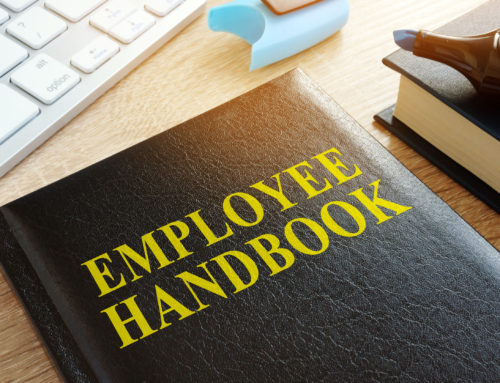An employee that is out on FMLA or Paid Sick Leave can be included in a layoff. They cannot, however, be terminated due to being on FMLA or Paid Sick Leave. Concrete, objective criteria are important for dodging any legal action against the company that assumes the termination was because the employee was on leave.
FMLA
It’s important to note, however, that employees on FMLA are not totally exempt from a layoff or other type of termination as long as the action is not related to FMLA leave. According to the U.S. Department of Labor, FMLA regulation 825.216 (a) applies. The regulation states: “An employee has no greater right to reinstatement or to other benefits and conditions of employment than if the employee had been continuously employed during the FMLA leave period. An employer must be able to show that an employee would not otherwise have been employed at the time reinstatement is requested in order to deny restoration to employment.”
As the regulation indicates, the employer has the responsibility of proving that the layoff was not related to FMLA leave.
For that reason, an employer should be cautious when laying off or terminating an employee on FMLA leave. Before taking action, an employer should make sure that it has a valid business reason for laying off the employee, that the employee would have been laid off even if he or she was working and not taking FMLA leave, and that it has appropriate documentation to justify the action. As with other types of termination decisions, advice of legal counsel is strongly encouraged.
Paid Sick Leave
According to Chron, “Under the Fair Labor Standards Act, you do not have to offer paid vacation time to your employees. If you choose to provide it, state law dictates how you should handle accrued vacation upon termination, including during a layoff. The state might require that you pay out the available time or abide by company policy.”
Remember that paid sick leave treatment varies state by state. To determine how to handle accrued vacation during a layoff, consult your state labor department. You might need to pay out any accrued time regardless of how an employee terminates, but the time frame may vary. For example, an employer in California must pay all accrued vacation to laid-off seasonal employees in specific agricultural industries no later than 72 hours after the layoff.







Leave A Comment